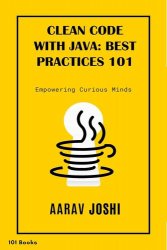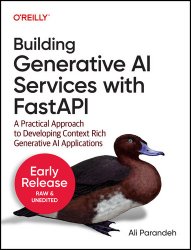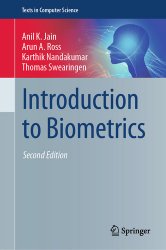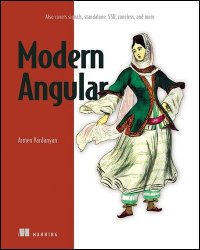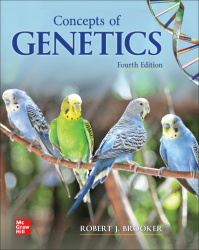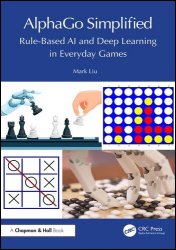 Название: AlphaGo Simplified: Rule-Based AI and Deep Learning in Everyday Games
Название: AlphaGo Simplified: Rule-Based AI and Deep Learning in Everyday GamesАвтор: Mark Liu
Издательство: CRC Press
Год: 2025
Страниц: 408
Язык: английский
Формат: pdf (true)
Размер: 10.1 MB
May 11, 1997, was a watershed moment in the history of Artificial Intelligence (AI): the IBM supercomputer chess engine, Deep Blue, beat the world Chess champion, Garry Kasparov. It was the first time a machine had triumphed over a human player in a Chess tournament. Fast forward 19 years to May 9, 2016, DeepMind’s AlphaGo beat the world Go champion Lee Sedol. AI again stole the spotlight and generated a media frenzy. This time, a new type of AI algorithm, namely Machine Learning (ML) was the driving force behind the game strategies.
What exactly is Machine Learning (ML)? How is it related to AI? Why is Deep Learning (DL) so popular these days? This book explains how traditional rule-based AI and ML work and how they can be implemented in everyday games such as Last Coin Standing, Tic Tac Toe, or Connect Four. Game rules in these three games are easy to implement. As a result, readers will learn rule-based AI, Deep Reinforcement Learning, and more importantly, how to combine the two to create powerful game strategies (the whole is indeed greater than the sum of its parts) without getting bogged down in complicated game rules.
Implementing rule-based AI and ML in these straightforward games is quick and not computationally intensive. Consequently, game strategies can be trained in mere minutes or hours without requiring GPU training or supercomputing facilities, showcasing AI's ability to achieve superhuman performance in these games. More importantly, readers will gain a thorough understanding of the principles behind rule-based AI, such as the MiniMax algorithm, alpha-beta pruning, and Monte Carlo Tree Search (MCTS), and how to integrate them with cutting-edge ML techniques like convolutional neural networks and Deep Reinforcement Learning to apply them in their own business fields and tackle real-world challenges.
This book is divided into four parts. Part I provides an introduction to the three games and outlines how to develop strategies using rule-based AI techniques like MiniMax and MCTS. Part II delves into Deep Learning and its application to the three games. Part III explores the fundamentals of reinforcement learning and demonstrates how to enhance game strategies through self-play deep reinforcement learning. Finally, in Part IV, we integrate rule-based AI with deep reinforcement learning to construct AlphaGo (and its successor, AlphaGo Zero) algorithms for the three games.
In this book, you’ll learn both rule-based AI and ML by implementing them in three simple everyday games: the coin game, Tic Tac Toe, and Connect Four. More importantly, you’ll also learn how to combine rule-based AI and ML (as AlphaGo did) to create intelligent game strategies that are far more powerful than strategies based on either AI paradigm alone.
In this section, you’ll first install Anaconda on your computer so that you can run Python programs in this book. You’ll then set up a virtual environment so you’ll have correct versions of various Python libraries for projects in this book. You’ll use Jupyter Notebook as your integrated development environment (IDE). This book assumes you have a working knowledge of the Python programming language.
Written with clarity from the ground up, this book appeals to both general readers and industry professionals who seek to learn about rule-based AI and Deep Reinforcement Learning, as well as students and educators in Computer Science and programming courses.
Contents:
Скачать AlphaGo Simplified: Rule-Based AI and Deep Learning in Everyday Games
[related-news] [/related-news]
Комментарии 0
Комментариев пока нет. Стань первым!
